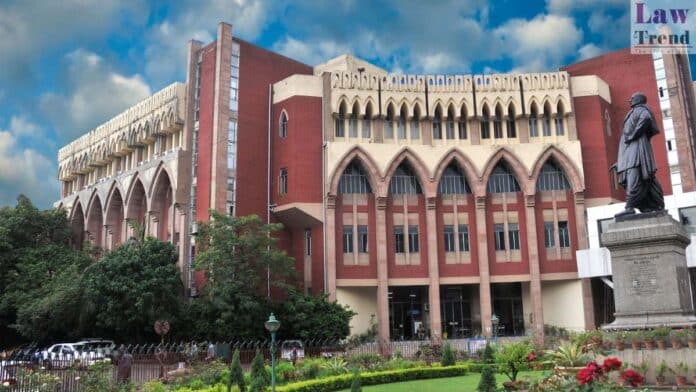In a recent courtroom drama, the West Bengal Education Department raised questions about the legitimacy of a contempt petition concerning the implementation of a high court order that affected 26,000 school positions in the state. This legal quandary unfolded at the Calcutta High Court on Wednesday, pitching legal intricacies against bureaucratic actions.
The controversy stems from a Supreme Court decision that upheld a previous high court verdict, albeit with certain amendments, concerning the employment status of thousands of teaching and non-teaching staff. The petitioners argue that the education department failed to comply with the order by not uploading the OMR sheets of those whose jobs were affected, which they claim is a clear violation of the court’s directives.
Representatives for the West Bengal Education Department contended before justices Debangsu Basak and Md Shabbar Rashidi that the modifications made by the Supreme Court necessitate that any contempt proceedings be initiated at the apex court rather than the high court. This stance was supported by the lawyer for the West Bengal School Service Commission (SSC), who echoed the sentiment regarding the procedural aspects of the contempt application.
On the flip side, the petitioner’s legal counsel insisted that the high court is still the appropriate venue for addressing the contempt petition since the Supreme Court’s adjustments did not fundamentally alter the high court’s initial orders. The argument hinges on the technicalities of legal jurisdiction and the specifics of the court’s modified directives.
The heart of the dispute lies in the non-disclosure of the OMR sheets related to the 26,000 affected positions, which were supposed to be made publicly accessible online immediately, as per the high court’s mandate. The petitioners claim that the data, currently held on three hard disks, has not been released, thus hindering transparency and accountability in the compliance with the court’s judgment.




